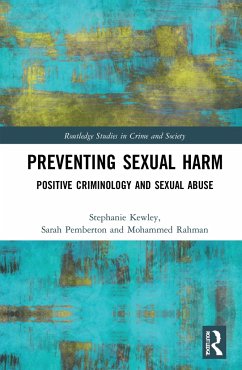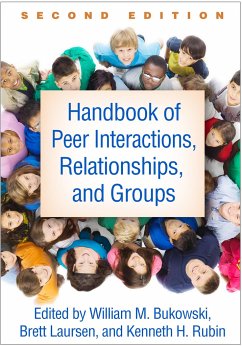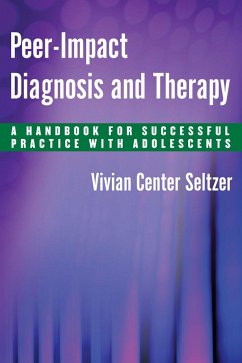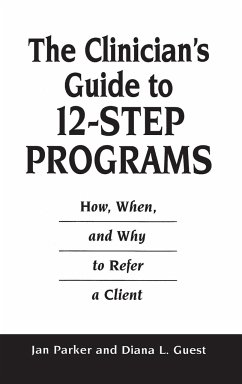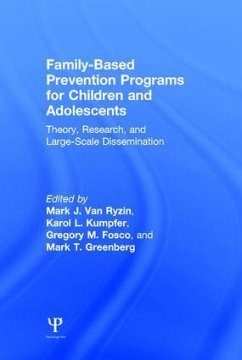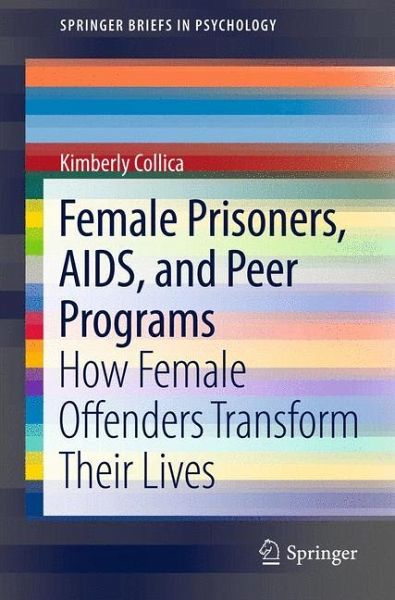
Female Prisoners, AIDS, and Peer Programs
How Female Offenders Transform Their Lives

PAYBACK Punkte
19 °P sammeln!
This book highlights a neglected area in the field of rehabilitation offemale offenders with AIDS. It provides data to show how women, workingas HIV peer educators in prison, utilize their peer experiences as a transition point for rehabilitation both inside and outside of the penitentiary. HIV and prison are inextricably linked and education has proved to be the one constant that mitigates the spread of both HIV and crime. Research on female inmates in general is not frequent and this book presents unique qualitative data that includes rich accounts from the women themselves. It illustrates t...
This book highlights a neglected area in the field of rehabilitation offemale offenders with AIDS. It provides data to show how women, workingas HIV peer educators in prison, utilize their peer experiences as a transition point for rehabilitation both inside and outside of the penitentiary. HIV and prison are inextricably linked and education has proved to be the one constant that mitigates the spread of both HIV and crime. Research on female inmates in general is not frequent and this book presents unique qualitative data that includes rich accounts from the women themselves. It illustrates the benefits derived by female inmates who work in an HIV prison-based peer program, while adding to the criminology literature on female patterns of criminality and rehabilitation. It provides a greater understanding of how prison programs affect the processes of criminal desistance and behavioral changes for femaleinmates. Women involved in such programming are able to change the criminal trajectory of their life direction. contributing to reduced levels of recidivism and institutional disciplinary infractions. The implications for these programs is relevant within the broader perspective of women, HIV and incarceration.





